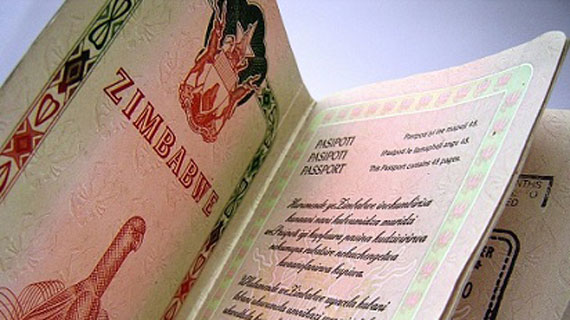
CAPE TOWN — Concerns have been raised that South Africa could tighten screws on its policy on Zimbabwean asylum-seekers following the recent elections that were declared free and fair by regional powers.
West Cape News
Refugee rights group People Against Suffering, Oppression and Poverty (Passop) said it was worried that currently 99% of Zimbabwean asylum-seeker applications were being rejected.
The organisation suggested that the endorsement of July 31 elections in Zimbabwe by Sadc in its final report released last Monday, would have “very serious implications” on new asylum-seeker applicants from Zimbabwe.
But Lunga Ngqengelele, spokesperson to Home Affairs minister Naledi Pandor, said they were not going to change their policy. He said they would continue to assist Zimbabweans as usual, highlighting that the United Nations (UN) had the mandate to decide which country could change their policy on refugees and asylum-seekers.
In response, Passop’s community outreach officer Antony Muteti said it was “a surprise” that Home Affairs would play by UN rules when it came to refugees after they had defied several High Court orders to reopen the Cape Town refugee reception centre to new comers.
Muteti said the endorsement of the elections as free and fair by Sadc and South Africa could leave new and genuine asylum-seekers with little ground to stake their claims.
Humphrey Vambe, a Zimbabwean independent political analyst living in Cape Town, said during previous elections many asylum-seekers from that country claimed to be victims of political violence and intimidation.
- Chamisa under fire over US$120K donation
- Mavhunga puts DeMbare into Chibuku quarterfinals
- Pension funds bet on Cabora Bassa oilfields
- Councils defy govt fire tender directive
Keep Reading
He said the recent election poll meant that would likely no longer be the case, suggesting that many Zimbabweans in South Africa were economic migrants.
As economic migrants, the approximately 300 000 Zimbabwean who benefited from South Africa’s special dispensation programme in 2010-2011 would need to have their work permits renewed when they expire in 2015, he said.
James Chapman, attorney at University of Cape Town Law Clinic said “one incident” (the elections) could not immediately change the situation.
However, he said President Robert Mugabe’s anti-gay vitriol could see more asylum-seekers coming into South Africa.
He said each asylum-seeker application should be treated separately. Kaajal Ramjathan-Keogh, head of refugee and migrant rights programme at Lawyers for Human Rights in Johannesburg, said South Africa had an international responsibility to assess each asylum-seeker application on its individual merit.
She said a policy change was possible, but they would only know when their clients start complaining.










